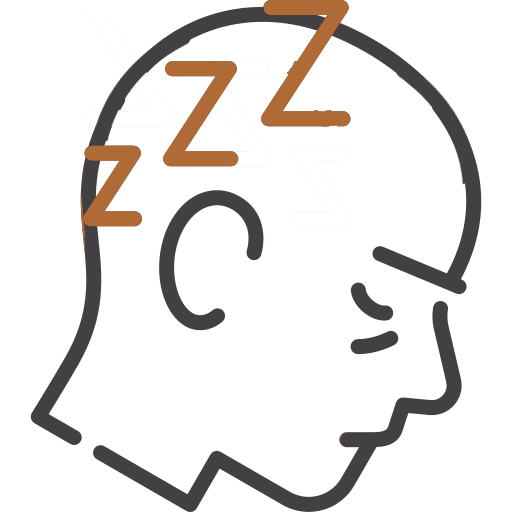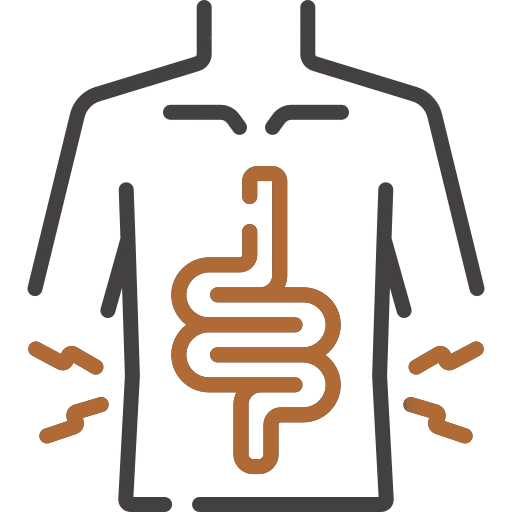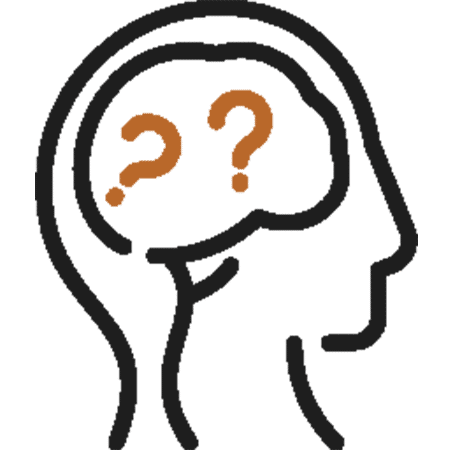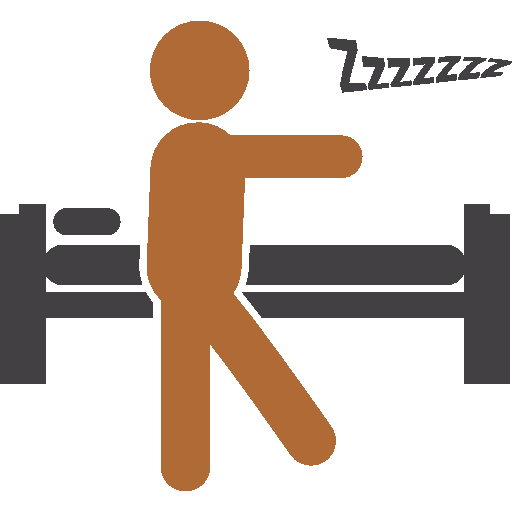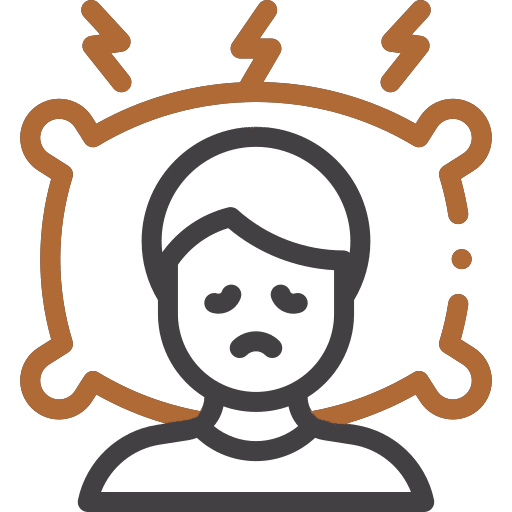Ambien, also known by its generic name, Zolpidem, is a widely prescribed prescription drug used to treat sleep problems such as insomnia. The misuse of prescription medications, including Ambien, has become a growing concern.
More than 250,000 people in the United States misused Ambien and other sedatives in 2013, according to the National Survey on Drug Use and Health. As we delve deeper into the complexities of Ambien addiction, it becomes apparent that many individuals, including older adults, find themselves trapped in its grip.




